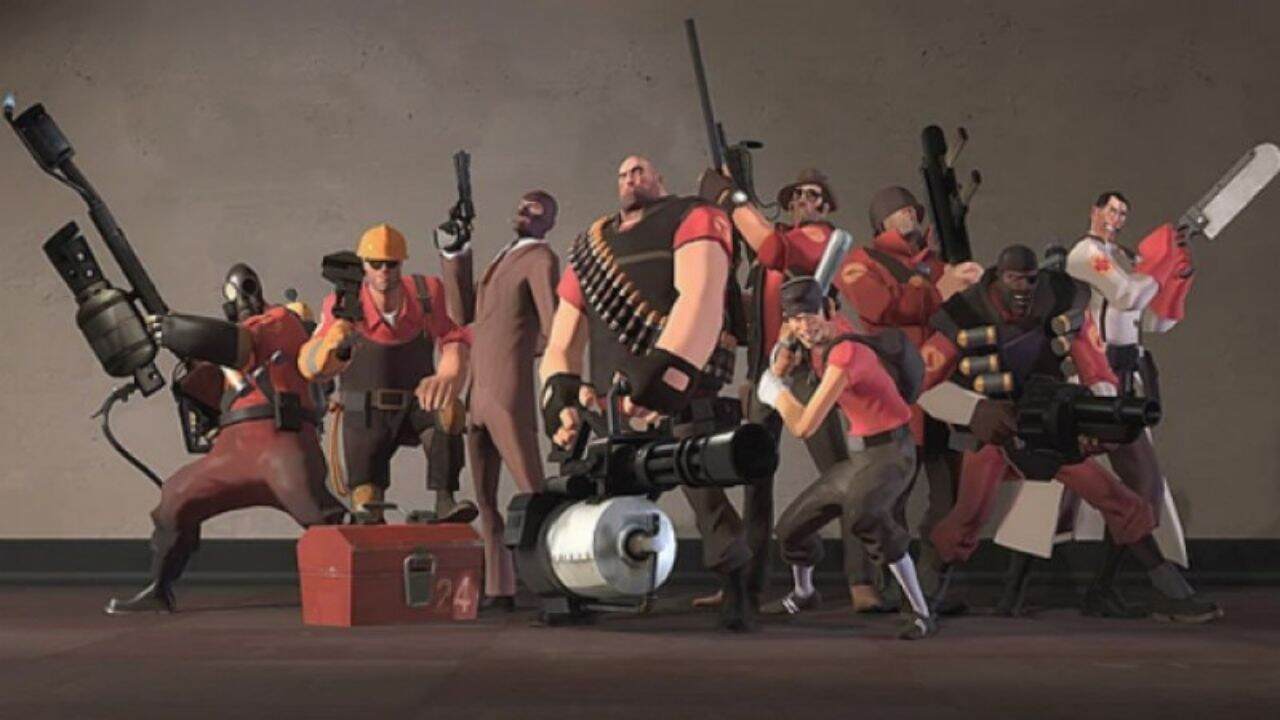
Team Fortress 2 (TF2), Valve’s beloved class-based shooter, stands as an enduring icon in gaming. Its quirky humor, vibrant art style, and refined gameplay have captivated players for over a decade. Yet, hidden beneath the surface of this lighthearted shooter lies a darker legacy: the widespread introduction of loot boxes to the mainstream gaming market. While not the absolute genesis of the concept, TF2’s implementation popularized them, paving a path that would forever alter the gaming landscape.
A Brief History of Loot Boxes
The origins of loot boxes can be traced back to free-to-play Asian MMOs in the early 2000s. This monetization model relied on gacha mechanics, where players spend real-world currency on randomized virtual rewards. However, this practice remained relatively niche in Western markets. It wasn’t until Valve’s experiment with Team Fortress 2 in 2010 that the concept achieved significant traction within the broader gaming industry.
Team Fortress 2’s Crate and Key System
TF2 initially launched in 2007 as a premium title, but it adopted a free-to-play model in 2011. To generate revenue, Valve introduced a crate and key system. Crates would randomly drop for players during gameplay, while keys to open those crates were purchased with real money. Inside the crates were cosmetic items – hats, skins, and unusual effects – that didn’t impact the core gameplay balance, but provided visual customization.
This system proved wildly successful. The thrill of the unknown, the desire for rare and aesthetically pleasing items, and the element of gambling fueled a lucrative market. Players poured money into keys, hoping for valuable drops they could later sell on the Steam Community Market. Valve profited immensely, setting a dangerous and captivating precedent.
The Rise of a Trend
While not solely responsible for the boom in loot box monetization, Team Fortress 2 demonstrated how effective these mechanics could be in a major Western game. Seeing this success, other publishers began to jump on the bandwagon. Games across genres, from AAA blockbusters to mobile titles, increasingly incorporated loot boxes or random reward systems.
Initially, these systems were often limited to cosmetic items, mirroring the TF2 model. However, as publishers tested the waters, boundaries pushed further. Soon, loot boxes contained power-ups, exclusive characters, and in-game currency, moving them from mere cosmetics to items that could impact gameplay. This shift evolved the loot box from an optional bonus to an integral part of game design and progression.
The Backlash
The escalation of loot boxes led to significant backlash among gamers, sparking an ongoing debate about ethics and the exploitative nature of these practices. Concerns focused on:
- Predatory practices: Loot boxes were often compared to gambling, specifically targeting vulnerable players, including minors.
- Pay-to-win: The shift of loot boxes impacting gameplay created a potential pay-to-win environment, where players with more money held an unfair advantage.
- Devaluation of gameplay: The presence of loot boxes shifted focus away from earned rewards and undermined players’ sense of achievement.
The Fallout and Regulation
The controversy has had tangible consequences. Several countries, such as Belgium, have declared certain loot box mechanics as a form of gambling and implemented legislative bans. Meanwhile, publishers have had to reassess their reliance on these systems, with some removing them entirely, while others moved towards greater transparency.
The Lasting Legacy of Team Fortress 2
Though the industry is still grappling with the issue, Team Fortress 2’s role in the history of loot boxes is undeniable. Its success both propelled loot boxes into the spotlight and demonstrated their potential to generate massive profits. The allure of gambling-like systems, especially with cosmetic rewards, has proven difficult for many publishers to resist.
While the ethical debate around loot boxes will rage on, TF2 holds a unique place in gaming history. It wasn’t the inventor of loot boxes, but it made them a mainstream phenomenon that ultimately transformed the business model of countless games, for better or worse.



